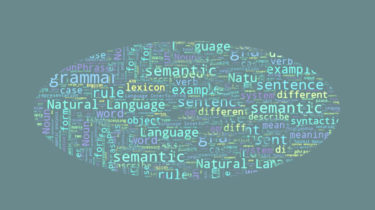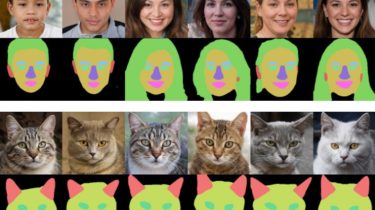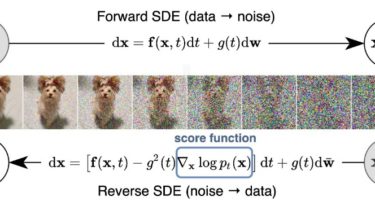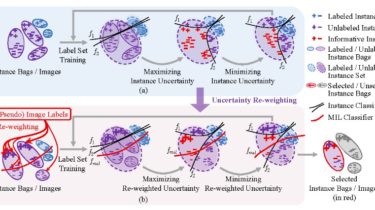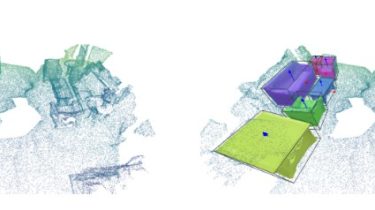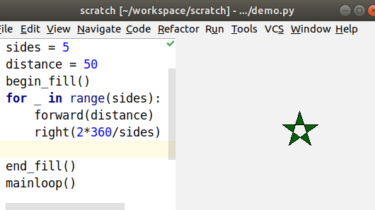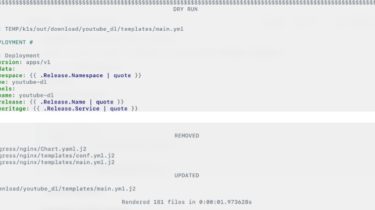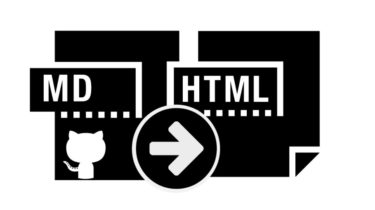A Guide to Feature Engineering in NLP
Overview Feature engineering in NLP is understanding the context of the text. In this blog, we will look at some of the common feature engineering in NLP. We will compare the results of a classification task with and without doing feature engineering Table of Content Introduction NLP task overview List of features with code Implementation Results comparison with and without doing feature engineering Conclusion Introduction “If 80 percent of our work is data preparation, then ensuring data quality […]
Read more